Stayathome.photography is a platform founded by Yana Wernicke and Jonas Feige, two German photographers based in Berlin, where previously unacquainted photographers from all over the world are brought together in pairs to visually converse about their daily lives in lockdown. Over 300 conversations were held by photographers from 62 countries. And while most participants were German, numerous other nationalities participated, from the US and UK to Colombia, Lebanon, Romania, Uruguay and Vietnam. All images were uploaded between 22/03/20 and 31/06/20, and while the conversations have come to an official close, the website remains online for archival purposes.

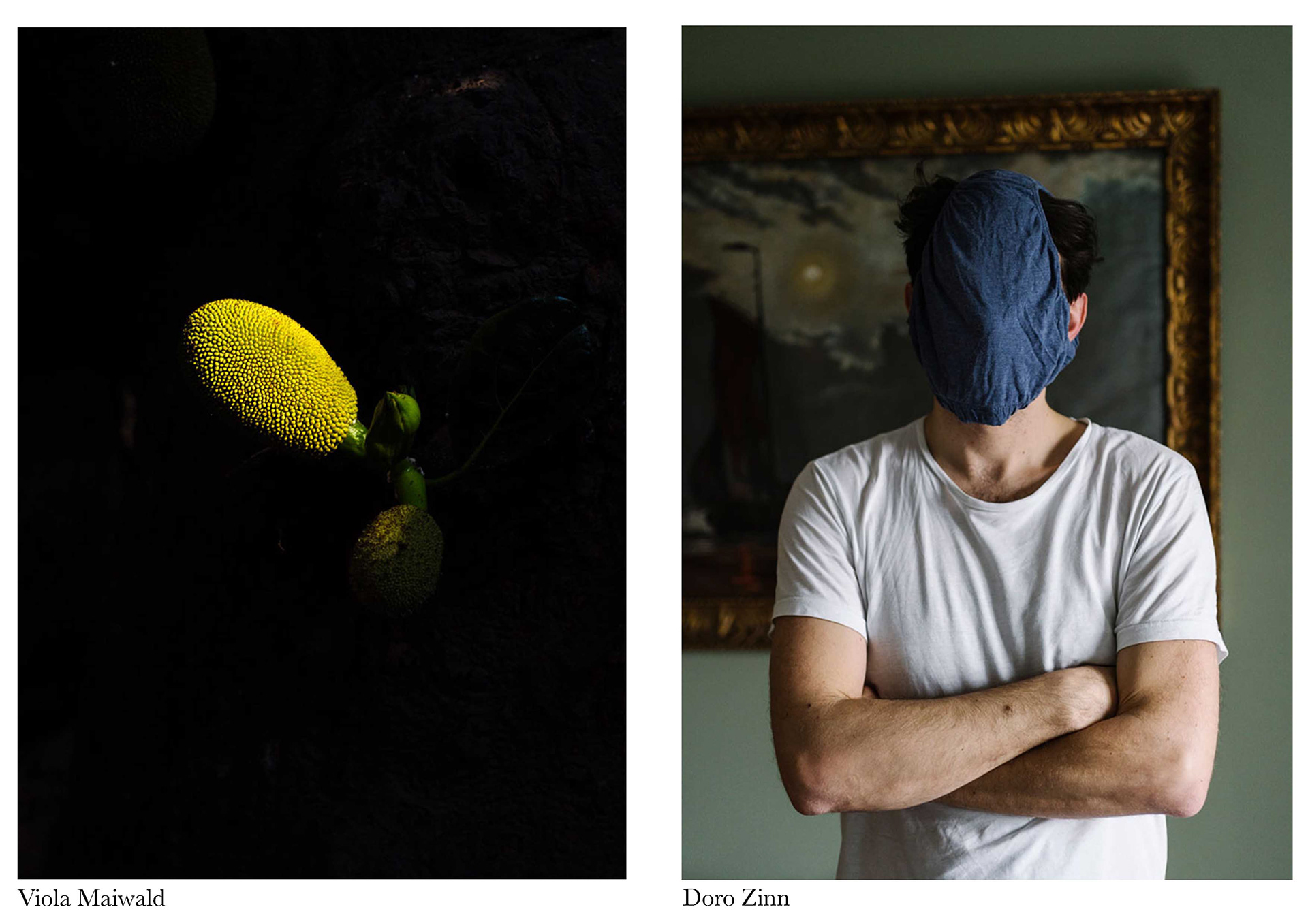
This is how Viola Maiwald (@viola.maiwald) and Doro Zinn (@dorozinn) met, through the project, while across the world from each other. They became aware of the project through different channels, however. Doro found out about it on social media, through the channels of the founders, whom she used to study photography with. Viola was made aware of it though her professor in Hannover, who encouraged her to take part in the project while in Dhaka, Bangladesh, where she was doing a semester abroad in an exchange program between the University of Applied Sciences and Arts Hannover and Pathshala South Asian Media Institute. Both cite the conditions of the lockdown as ideal for a project like this and were happy to share the particulars to give context to their conversation.
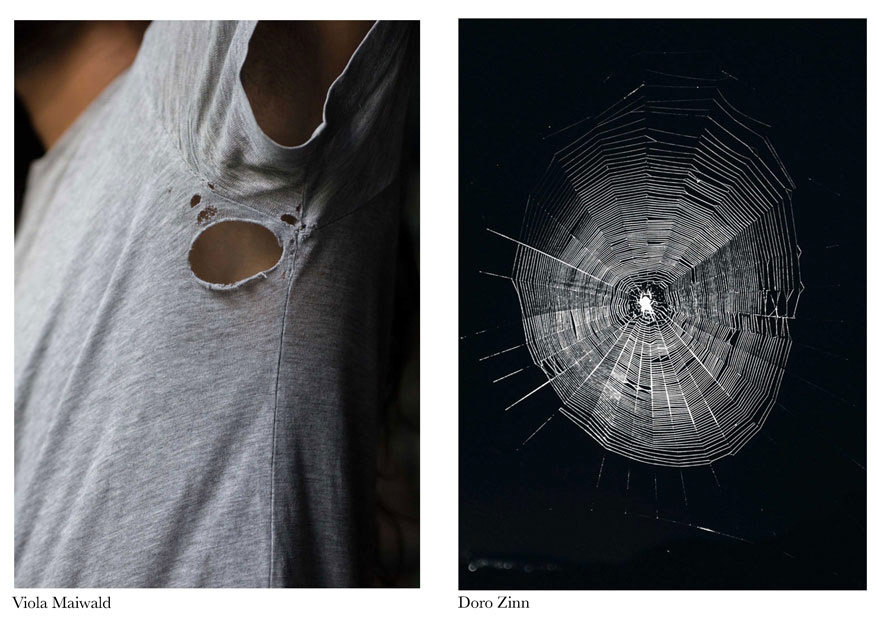
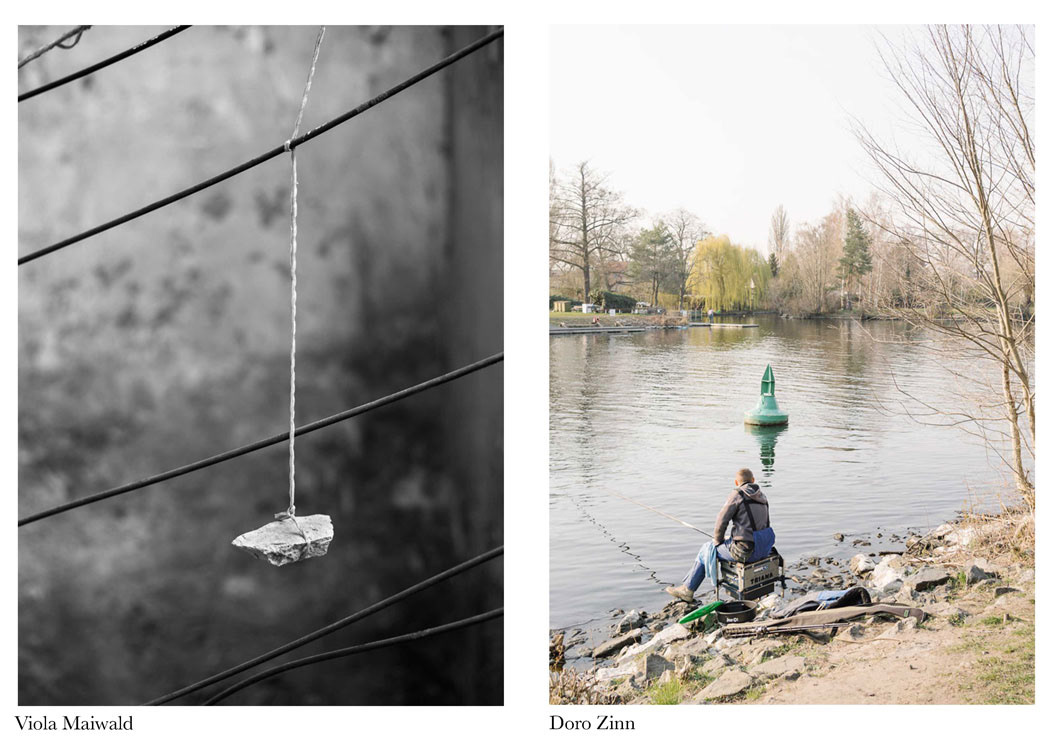
When Viola’s classes stopped on the 17th of March, the students were advised to stay home, and she was encouraged to leave the country as well. She decided not to “use her privilege to return to Germany” as she puts it herself, citing different reasons for her decision not to leave, among which the scarce number of flights available and the eminent closure of the airports. She spent the lockdown in a spacious apartment with five adults and one child, listening to music, playing table tennis, drinking tea, going out for an occasional walk for a change of scenery but mostly watching the street from the balcony. The police frequently controlled people who dared to go outside. What made the biggest impressions on her were the ways in which street life changed; going from crowded and filled with trucks to empty with a sporadic rickshaw passing by on a quest for work, and instead of city noises they could hear the birds sing. Then suddenly there was a flight available to her to return to Germany, which she took even though it was a rushed and abrupt goodbye, followed by a two-week quarantine. The change of location and company affected her deeply, but through conversations and continuous online classes she came to terms with the change of situation, and through her camera she was kept busy, yet focused thanks to the slower pace of life in lockdown.
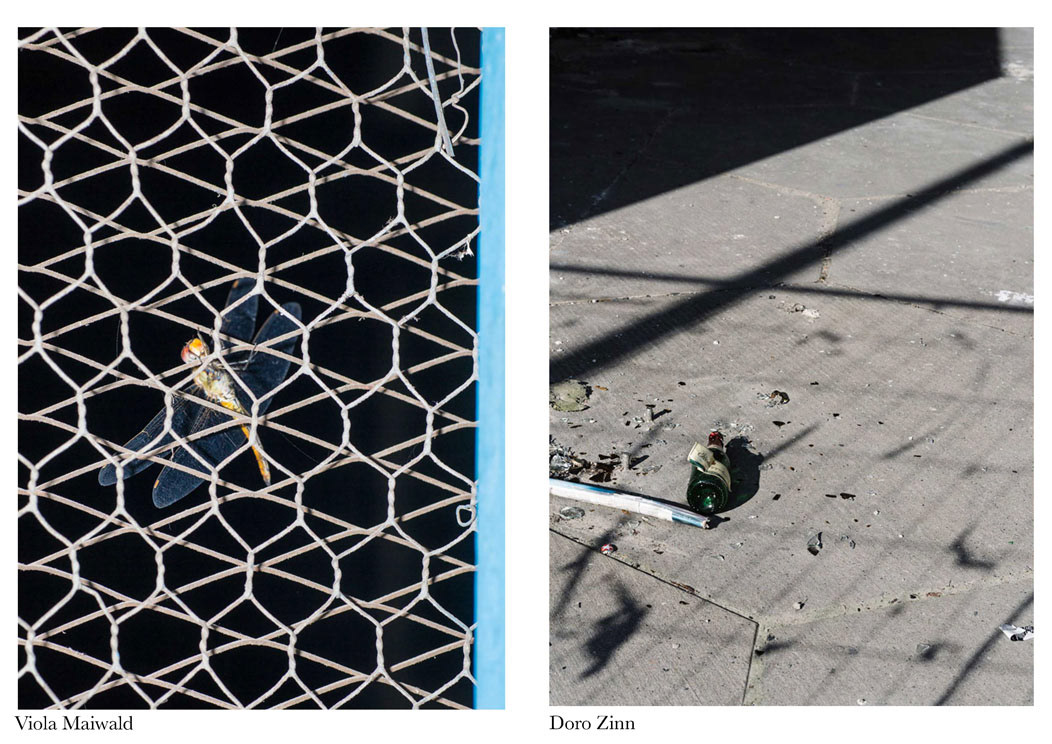
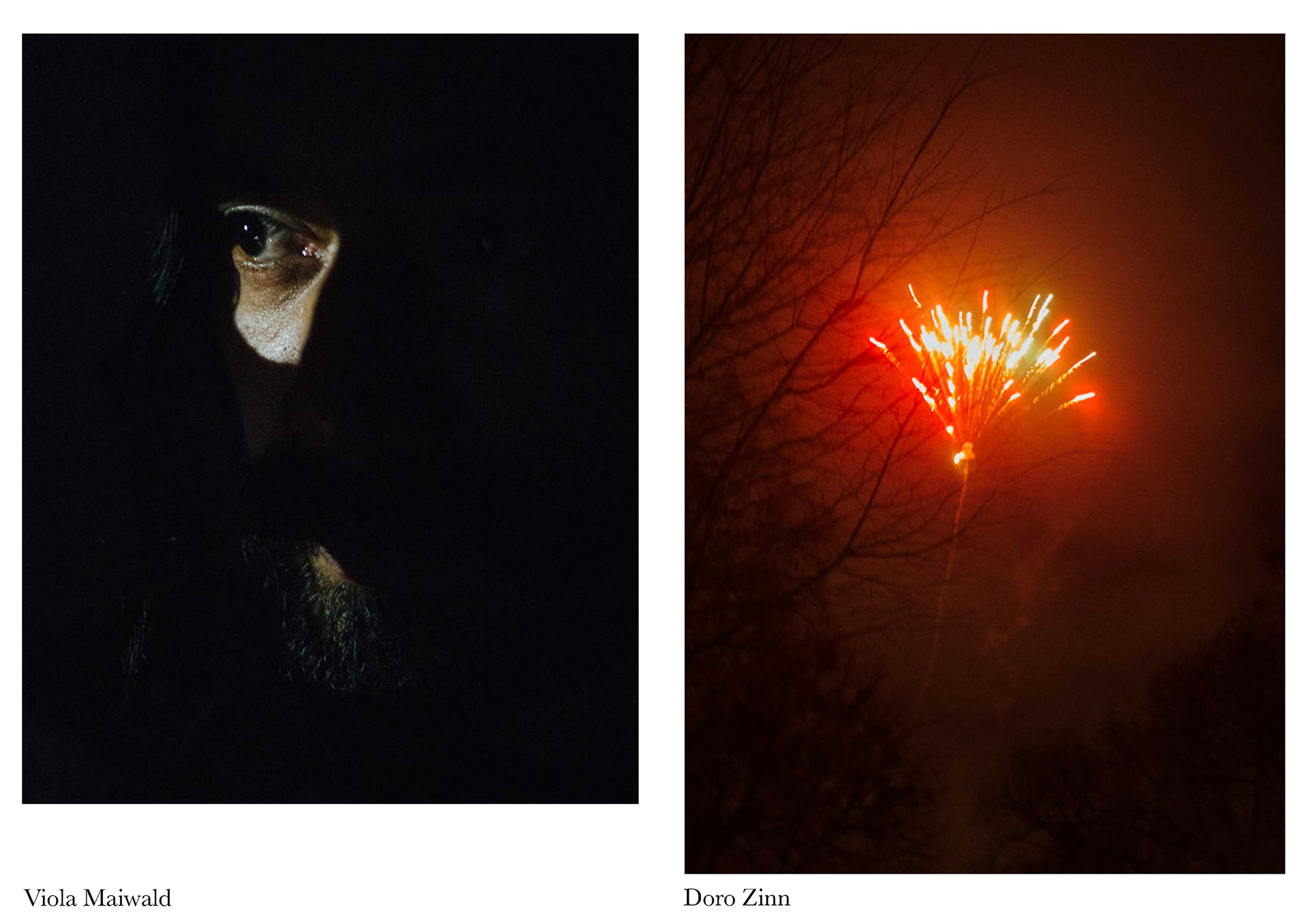
Doro spent the lockdown in Berlin, which she describes as rather loose, unlike most countries. Allowed to go out and take walks, get take-out food from restaurants etc. she spent the time bonding with her partner and child. The support she received from the state of Berlin made it possible to spend the time in relative peace, with the biggest financial questions taken care of. She too speaks of her privilege; the financial security, being in a safe environment, not having to work in dangerous circumstances. She says, “to me Corona disclosed the true natures of individuals between insane egotism and endless altruism, showed how well a system works and laid bare the failings of society – things I would like to explore more in future photographic projects.”
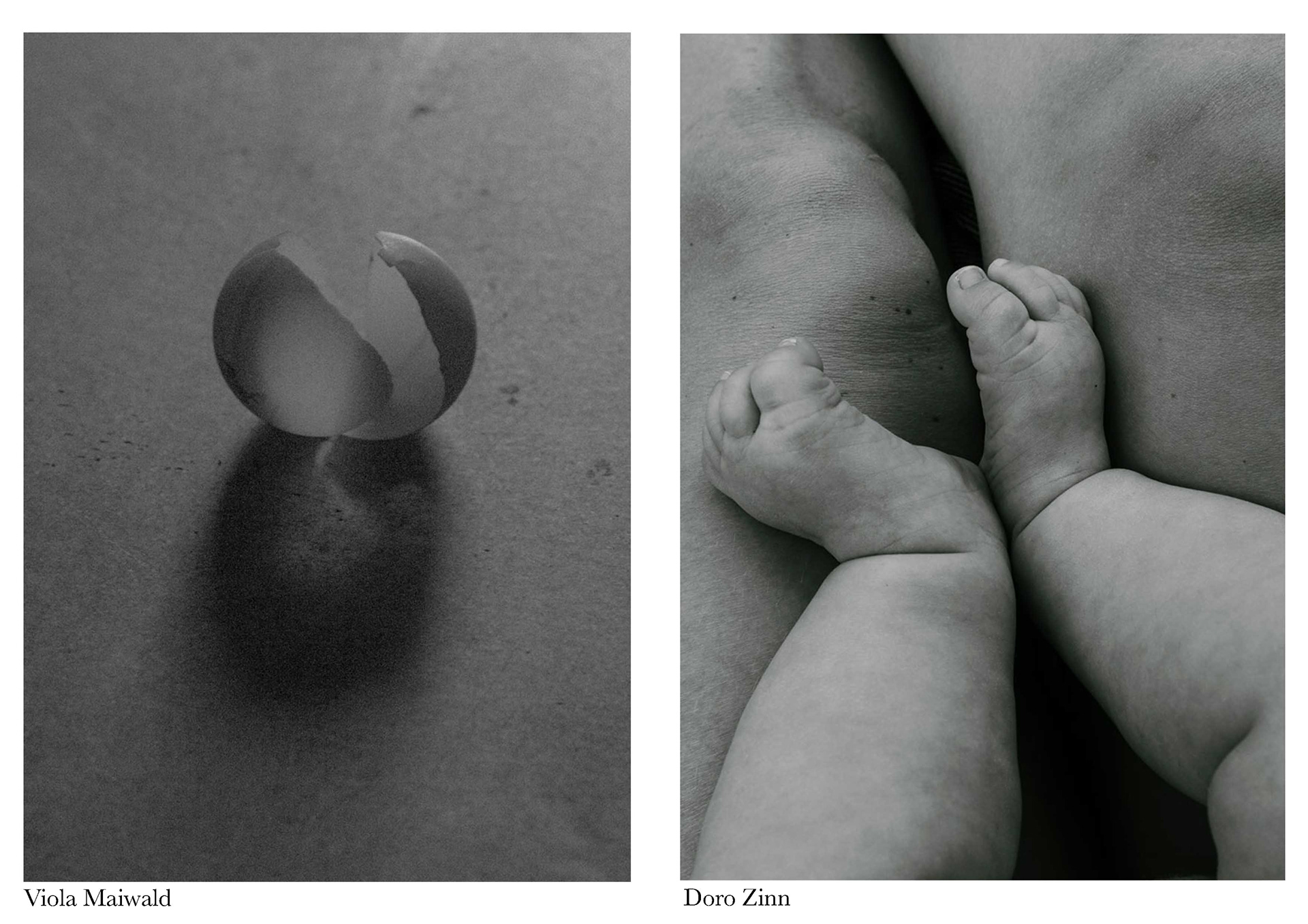
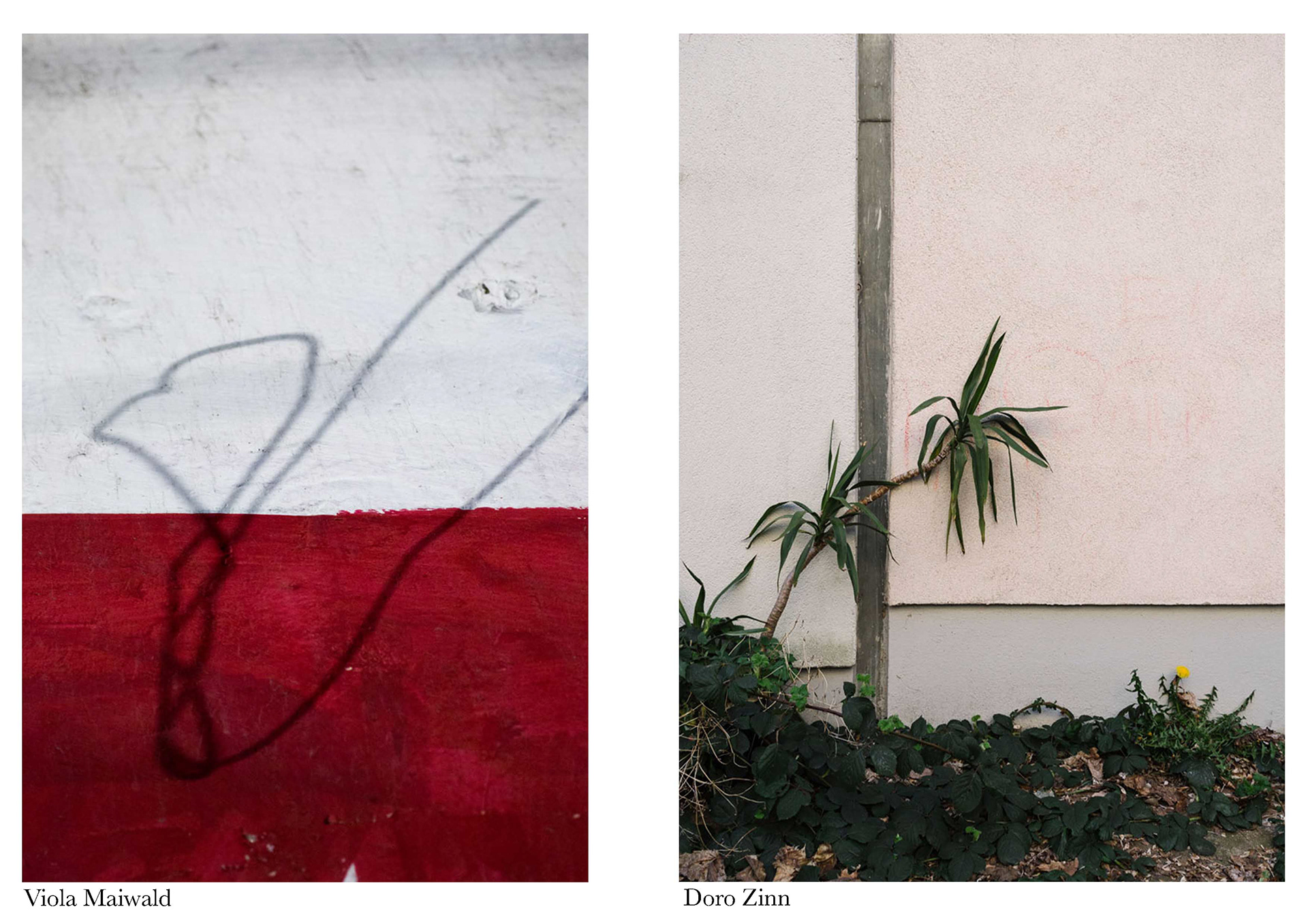
The conversation between Viola and Doro started while Viola was still in Dhaka at the end of March, when they sent each other pictures every day, and continued though her quarantine in Germany a month later, even though less frequently once the lockdown was loosened. Both look back on it in a positive way. Some of the obvious benefits were that it kept them busy, providing a purpose and a connection to photography during the lockdown. Doro says she was immediately enthusiastic about Viola’s style when they were paired, and excited about what the project could become.
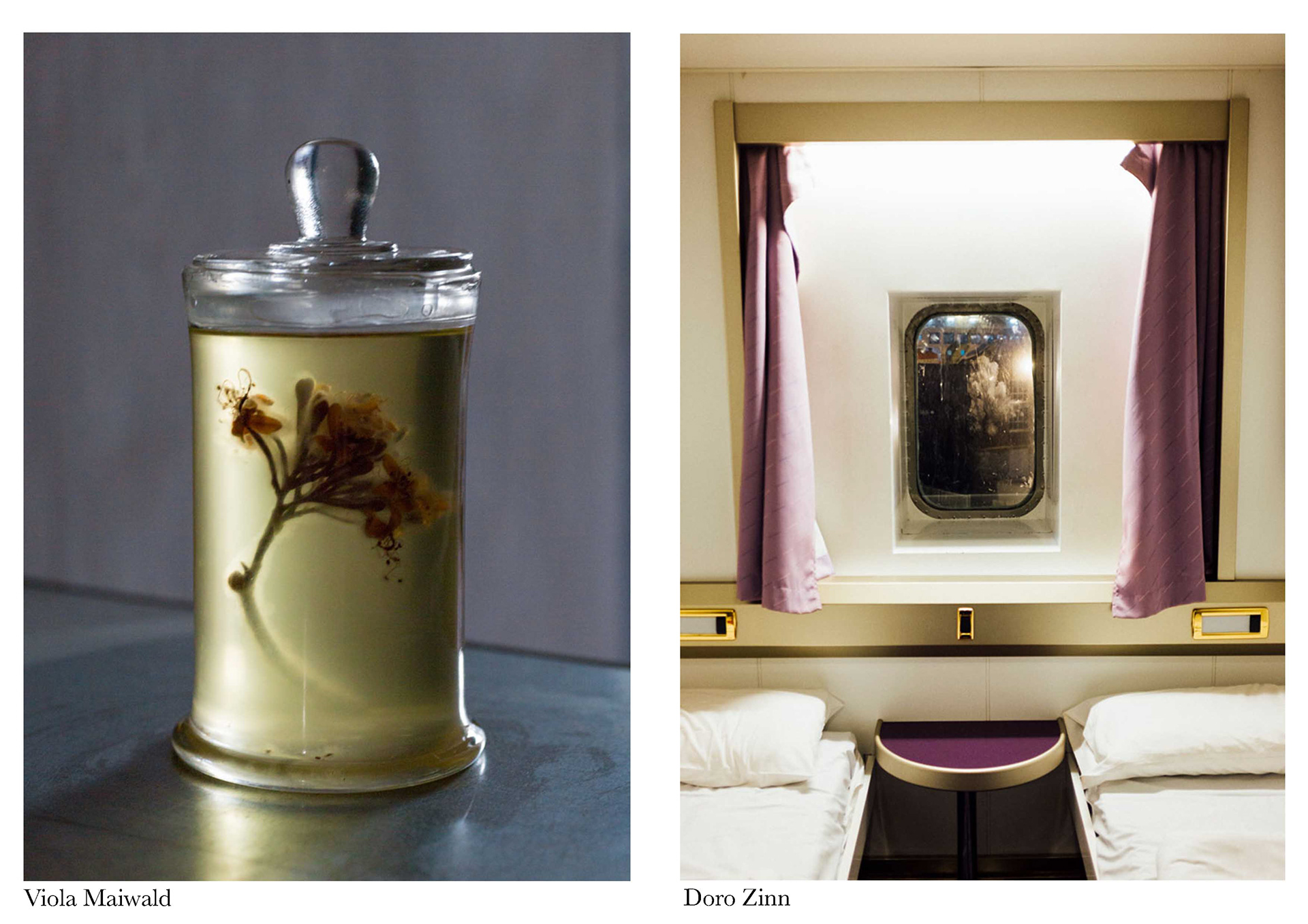
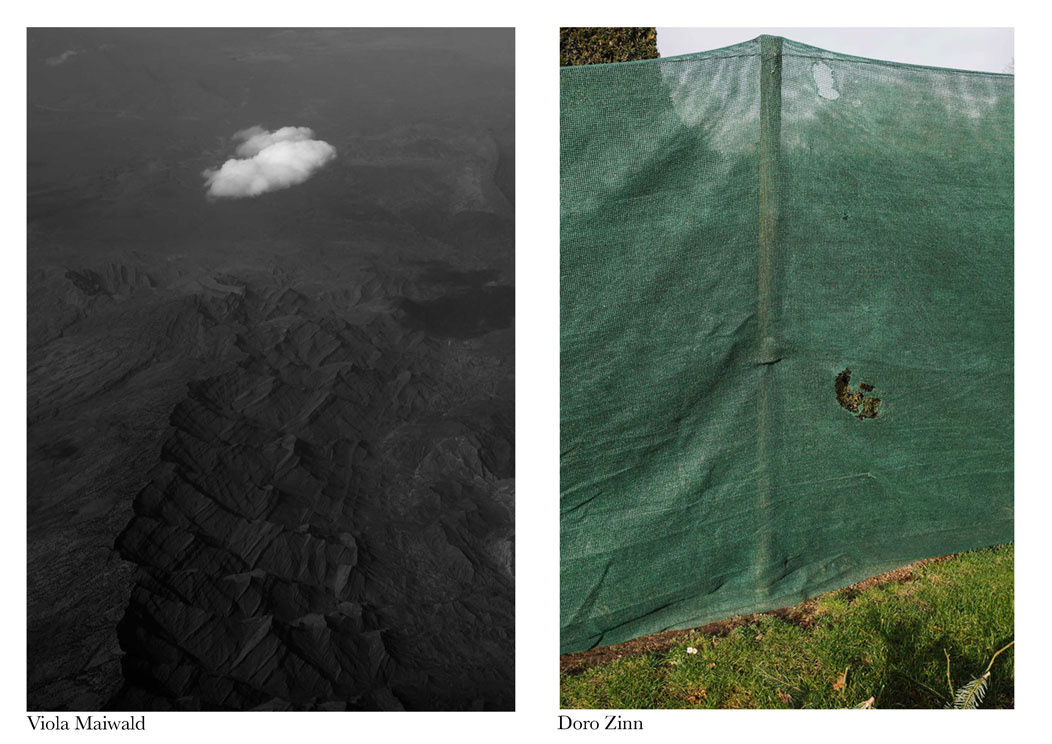
But the project grew beyond a mere passing of time; “It was interesting to ping pong with photos with someone that I didn’t know, and I had the feeling I got to get a glimpse into her life on the other side of the world and her humor through her photos” Doro says, and a connection between the two women was established easily, creating a sense of familiarity. Distance, both physical and mental, was easily bridged by the photographic language they share. To Viola the process itself was interesting, how the pictures would interact with each other and the way in which the conversation moved into different directions than she thought it would. Viola: “I always had my camera ready to capture even the smallest detail or happening, not knowing if it would be important for our conversation.” As a result of the frequent shooting she says she experienced a change in perception of the situation, in which the space around her changed through her lens and mentally brought her out of being confined in the same space all the time.
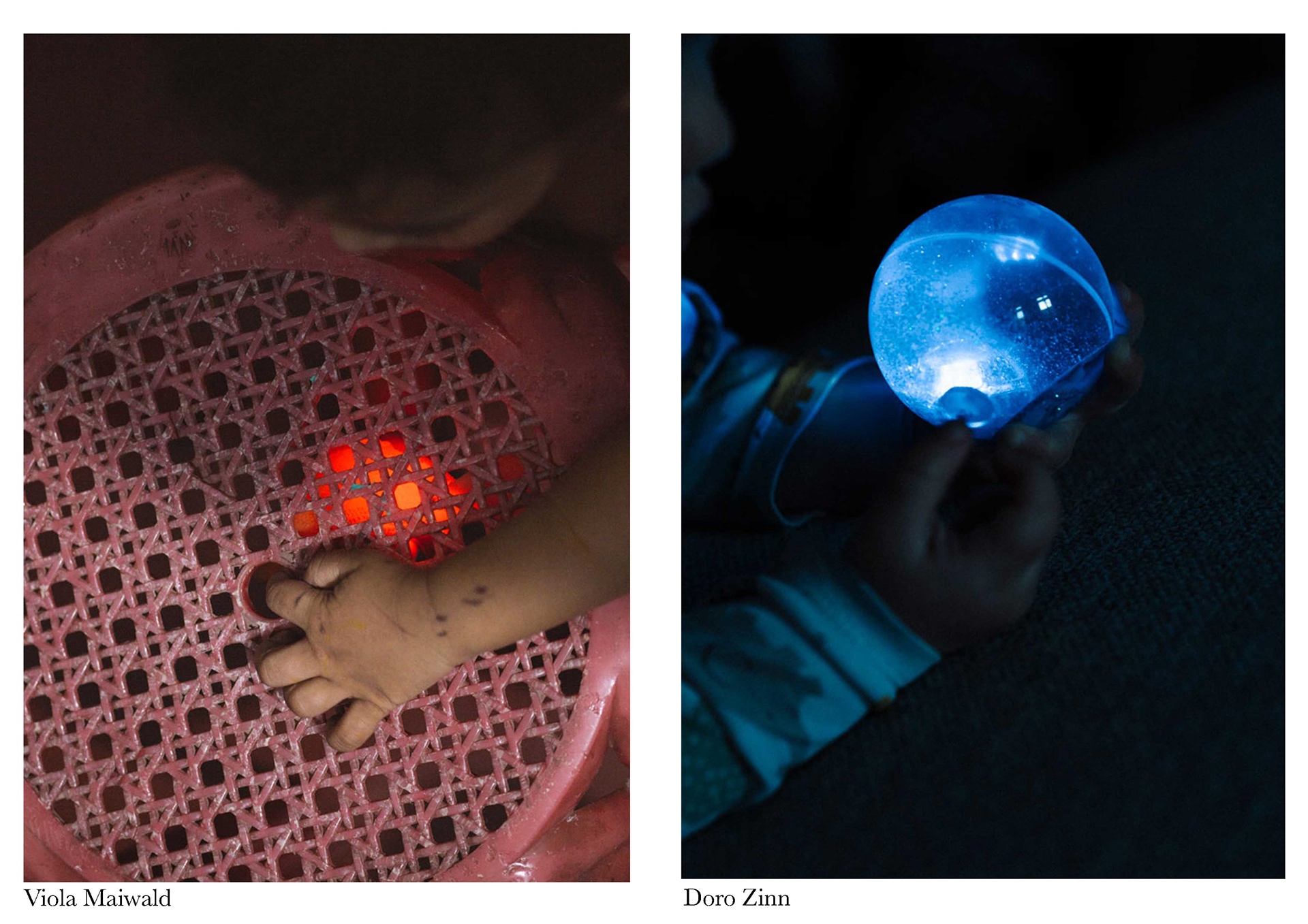
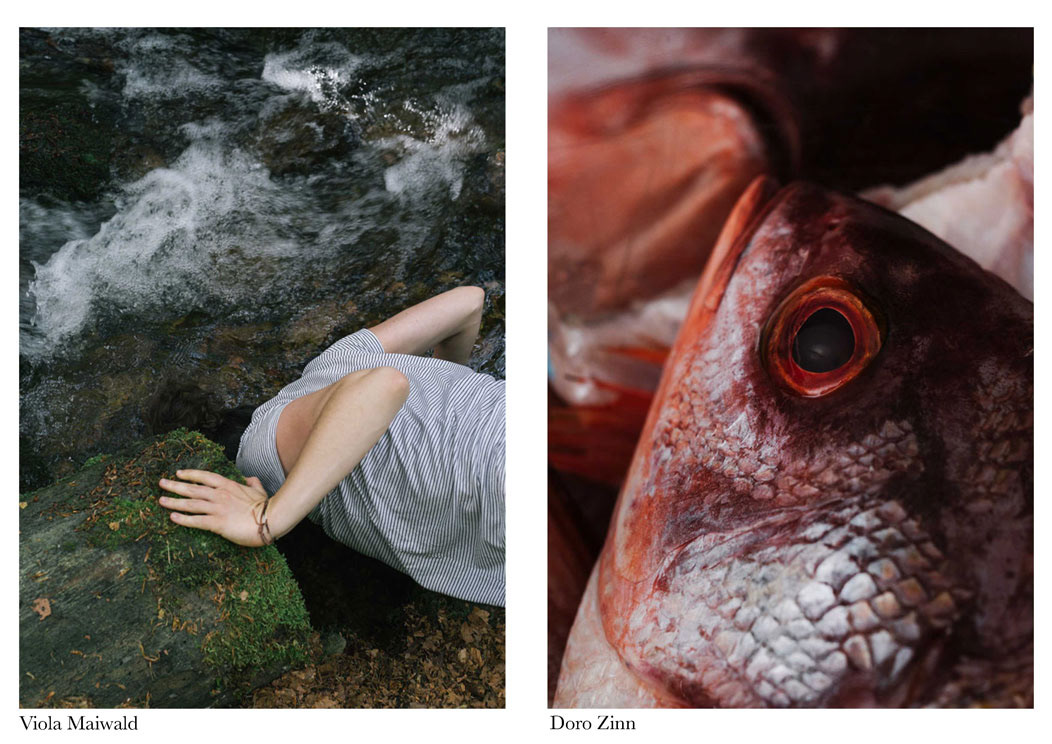
But the project grew beyond a mere passing of time; “It was interesting to ping pong with photos with someone that I didn’t know, and I had the feeling I got to get a glimpse into her life on the other side of the world and her humor through her photos” Doro says, and a connection between the two women was established easily, creating a sense of familiarity. Distance, both physical and mental, was easily bridged by the photographic language they share. To Viola the process itself was interesting, how the pictures would interact with each other and the way in which the conversation moved into different directions than she thought it would. Viola: “I always had my camera ready to capture even the smallest detail or happening, not knowing if it would be important for our conversation.” As a result of the frequent shooting she says she experienced a change in perception of the situation, in which the space around her changed through her lens and mentally brought her out of being confined in the same space all the time.
A second wave of Covid-19 cases has started hitting several countries across the world. Specialist have warned us that this wouldn’t be a quick thing that we only had to sit through once or could forget about after a month or two, and it seems that these predictions are coming true. Aside from the economic repercussions, the social aspect of the crisis is one that can affect us for a longer time then we dare to imagine. How many people are feeling isolated with no one to care for them? How many of those will carry the damages of this mental isolation with them for the rest of their lives? Feeling connected is more important than ever in times like these, even if it is only virtually. Projects like stayathome.photography openly challenge photographers to communicate with each other, share visions and ideas, share the passion with someone across the world that has a different background and culture. Viola and Doro both expressed the wish to meet each other if ever possible, they were undoubtedly not the only ones in the project that felt that way.